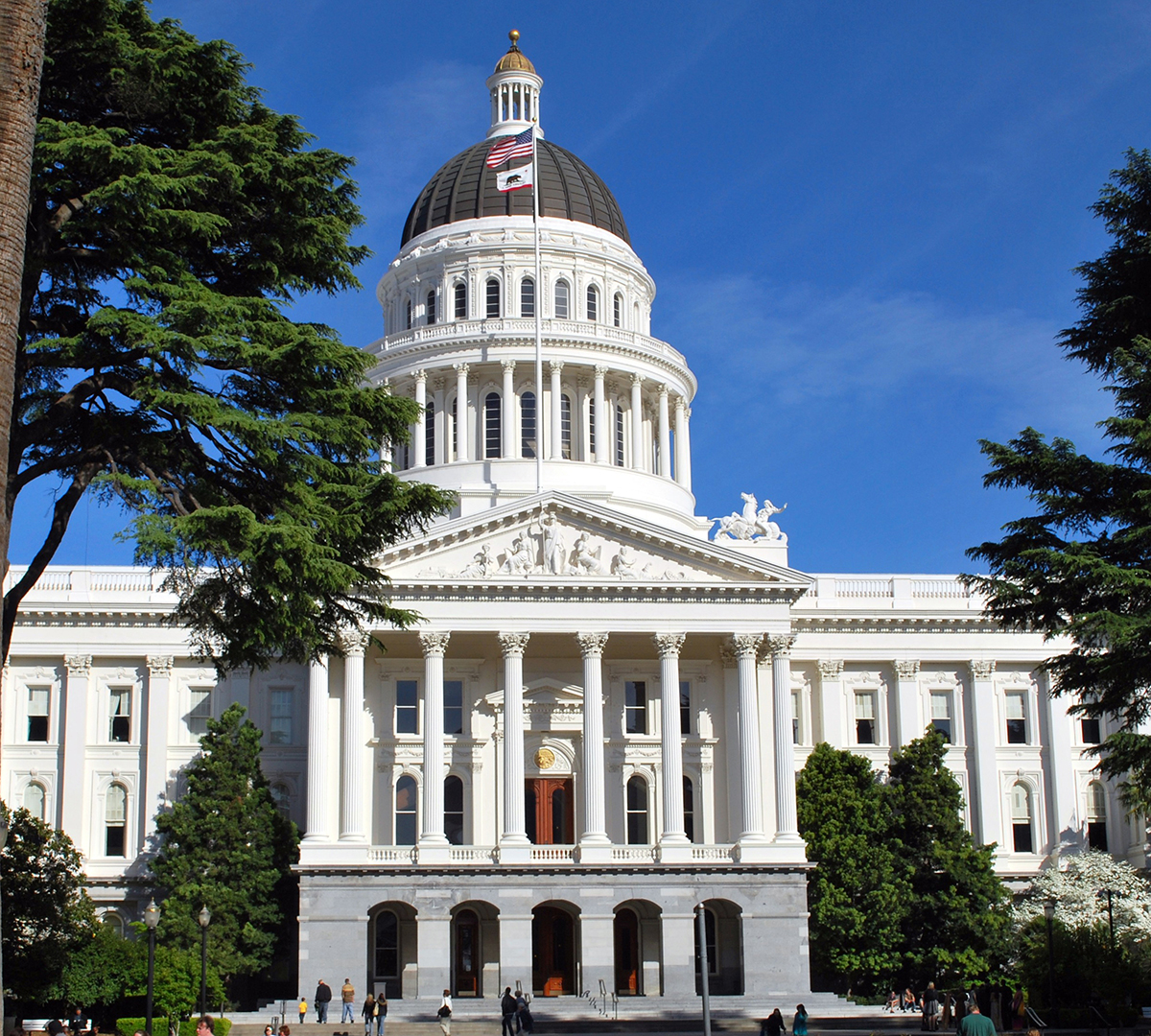When I was in high school, one of my classes did a section on debating. We approached some difficult topics. I daresay some topics that would not be broached in public schools today.
There were some ground rules to these debates. Do your research. Be prepared to answer difficult questions. Understand both sides of the topic to better defend your assigned side. Never make your arguments personal.
I have been an agricultural public policy researcher for more than five years. Not very long in the grander scheme of professional pursuits. Before my current position, I wore many hats but none as long as I wore the “hat” of a journalist; a job I did proudly for nearly 10 years.
Funnily enough, public policy researchers and journalists are not that dissimilar. Or, at least, the way I approach them is not that dissimilar. I am invested in both as a teller of other peoples’ stories with one specific difference: as a journalist I never wrote about public policy and now that is almost exclusively what I write about.
In my current role, I take on unpopular topics – genetically modified organisms (GMOs), endangered species, immigration in agricultural labor – and try to explain the nuances of them in an agricultural setting. It is a challenge but can be extraordinarily rewarding when I hear, or see, that someone was listening, or reading.
It is also a challenge when I receive “fan mail.”
The digital age is a wonderous and remarkable thing. It has given us the ability to connect with people on the other side of the world in the blink of an eye. We can access an immense amount of information with just a few clicks of a keyboard. But it has also made interactions like my high school debate section less meaningful. So much so that we have forgotten how to disagree with a stranger without spite, unkindness, or downright hatred entering the equation.
I will spare you the details of what I – and my colleagues – have received from people who’ve disagreed with something I wrote about agricultural public policy.
One of the greatest fallacies of our time is the polarization of opinion, that to disagree with someone means you must hate them.
Perhaps we should all return to our high school debate class and remember the last two rules in particular: understand both sides of a topic to better defend your own and never make arguments personal. Walking a mile in the shoes of an opponent doesn’t mean you have to change your opinion. It does help inform empathy and the ability to better prepare how you choose your approach to an opponent. Similarly, skipping over the topic at hand in favor of personal attacks is just being ill-prepared for the task of defending your position.
As election season, more policy, and decisions around agriculture continue to roll through the rest of the year, I hope consideration will be given to all sides of a topic and arguments will not become personal. It is important to remember, in agricultural public policy especially, at the end of the day, everyone has to eat and if you ate today, you’re involved in agriculture.
Pam Lewison is the Director of Agriculture Research at the Washington Policy Center and a Pacific Research Institute fellow. She co-owns and operates a family farm in Eastern Washington state.

